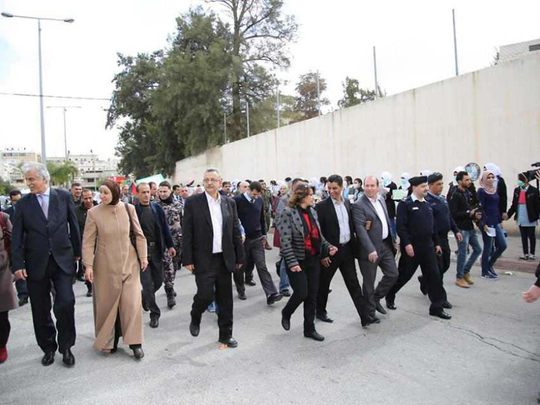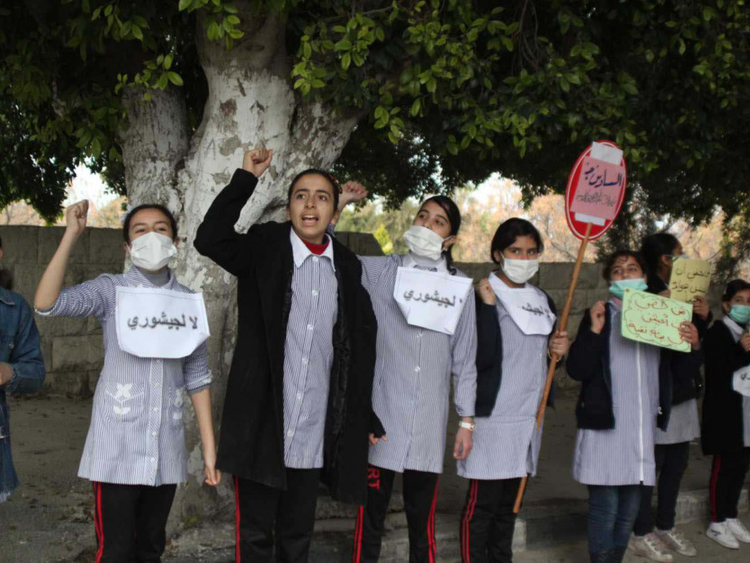
Ramallah: Two international environmental teams will soon arrive in the Palestinian territories to examine the effect on health and the environment of the Israel Jishori factories, known by Palestinians as ‘factories of death’, on the residents of the city of Tulkarem.
The intention of the study is to arm the Palestinian National Authority (PNA) with the evidence to sue Israel via the United Nations Environment Programme (Unep) to force Israel to seal the factories because of the serious health hazards they cause for residents.
“The entire file of the Israeli Jishori factories is currently on the Unep table and the PNA is just waiting for the technical reports of the two professional environmental teams due to begin work soon,” said Essam Al Qasim, who heads the Environment Quality Authority in the northern region of the West Bank and whose remit includes Tulkarem and Qalqilia. “The aim of the two technical reports is to prove beyond doubt the catastrophic effects of the factories on more than 100,000 Palestinian residents of the city of Tulkarem.”
The PNA has already signed a $100,000 (Dh367,295) environmental agreement with the Belgium government for a team of Belgium experts to conduct the inquiry.
“We and the entire world have been sure of the catastrophic effects of the factories, but the team will do the work in a scientific way so the case to be filed against Israel should be undisputed,” Al Qasim told Gulf News.
Recently the Arab Ministerial Council, which held a meeting with Unep representative in Jeddah, also decided to dispatch a UN technical team of experts to review general conditions in the region and submit a report on the health and environmental status quo.
Al Qasim said that the soil, the air and samples of blood and breast milk from people in the area will be examined by the technical teams to prove that Israeli industries have been polluting Tulkarem. Jishori factories are only metres away from the city on the western side so that when the wind blows from the west to the east (the normal movement of the wind), the factories work at full capacity, but when the wind switches direction (east to west), the factories shut down so that the dust, steam and other pollutants do not reach territories claimed by the Israelis.
Al Qasim said that censors will be installed on top of Palestinian houses to measure the pollution the factories create to prove they do not meet international environmental standards.
Jishori factories were set up in the mid-eighties and Israel seized huge areas of Palestinian owned land to create them. Palestinian landowners on which the factories set up have joined forces under the PNA and filed a lawsuit against Israel with an Israeli court. The case is continuing to be reviewed.
Al Qasim said the Palestinian landowners have proved with Israeli issued ownership documents that the land on which the factories were set up were their own and that they had never sold the sites. Al Qasim said that Israel seized at least 100 dunums (24.7 acres) for the creation of the factories and said that the biggest part of the seized land was Palestinian private owned land, while the rest was Islamic Waqf.
Tulkarm schools have launched a major campaign to fight the existence of the factories as at least ten schools are located close to them. The schools argue that the factories have badly affected the health and well-being of pupils.













